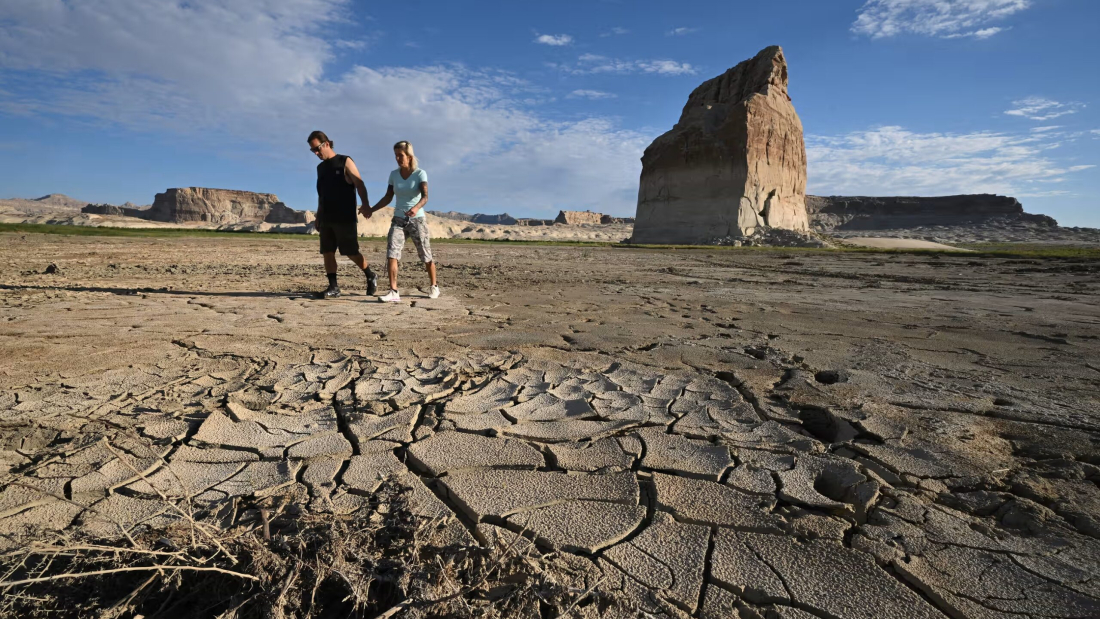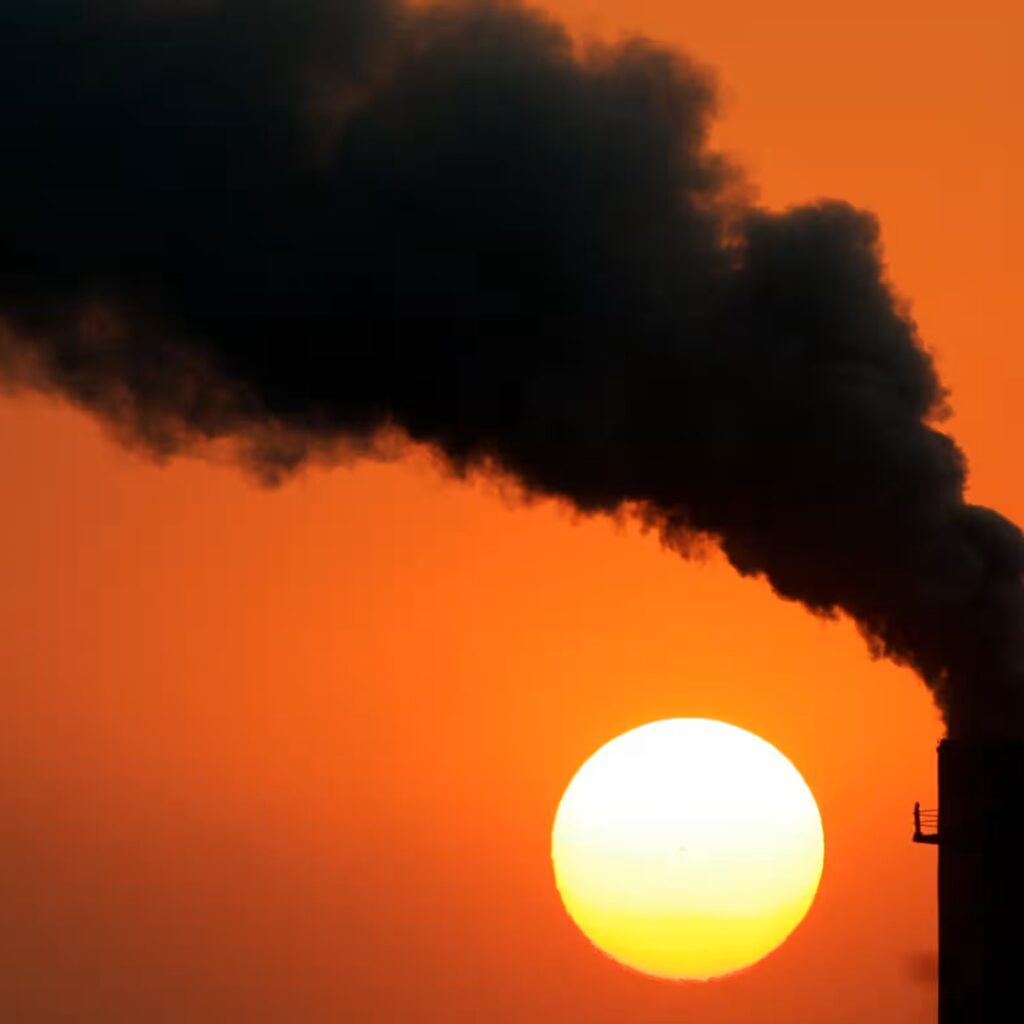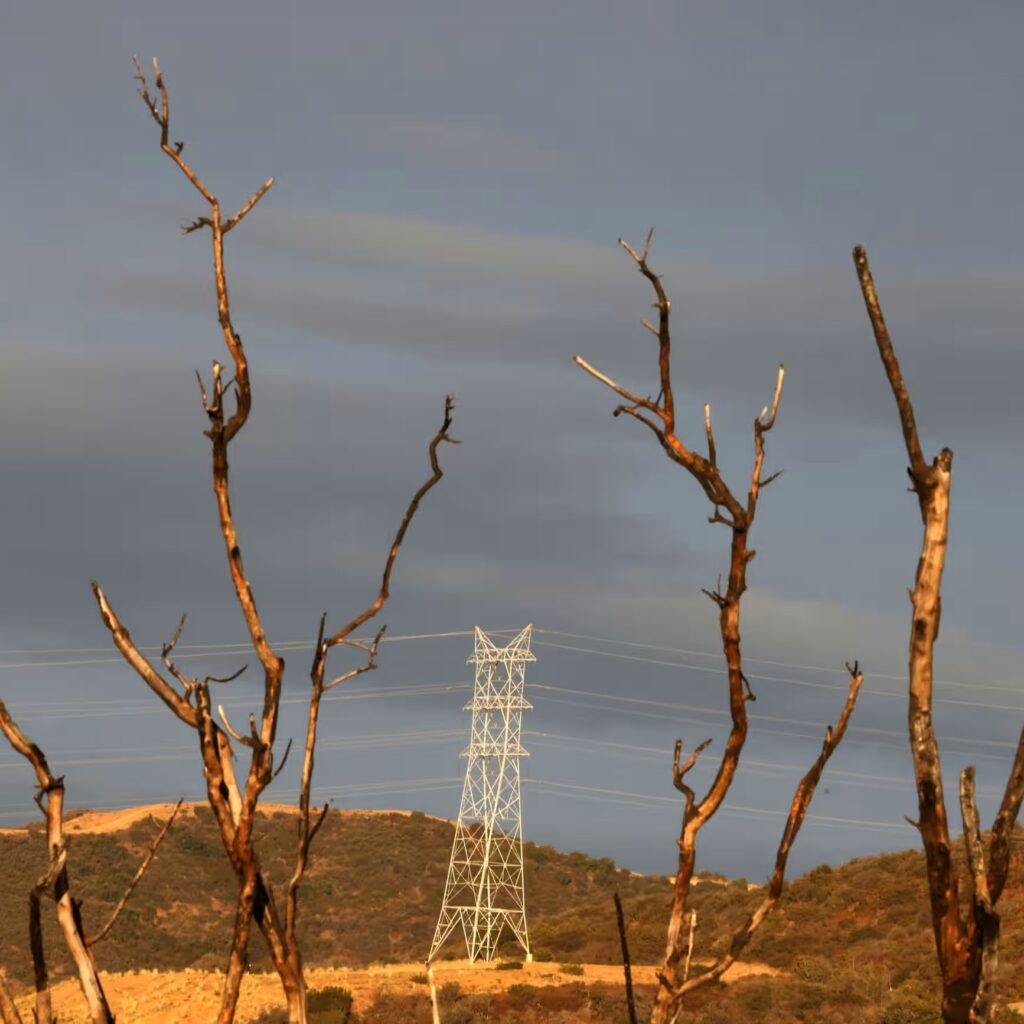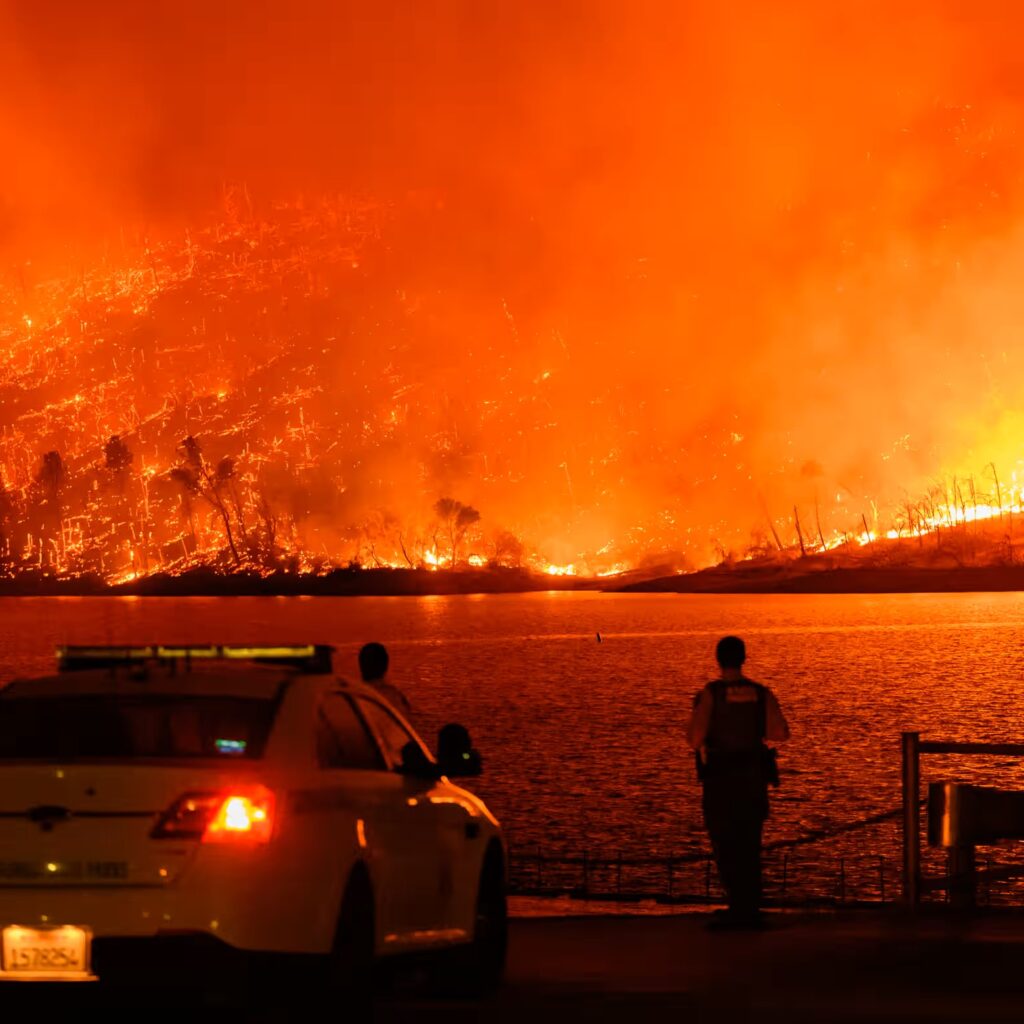Anne Beathe Tvinnereim, Norway’s minister for international development and co-chair of a coalition of 60 “high ambition” nations, warned that the world would be unable to cope with the overwhelming volume of plastic waste within the next decade unless countries agree to immediate production curbs. Speaking ahead of critical UN negotiations in Busan, South Korea, on the first global treaty to end plastic pollution, Tvinnereim emphasized the urgent need for transformative action.
Representing nations led by Rwanda and Norway, the coalition advocates tackling plastic pollution across its entire life cycle, with a particular focus on drastically reducing production. However, deep divisions remain between plastic-producing nations, many of which are oil exporters, and countries pushing for bold measures. Tvinnereim acknowledged that a “perfect treaty” may not be attainable but expressed optimism that an agreement could be reached and strengthened over time.
The stakes couldn’t be higher. Recent research has revealed microplastics in alarming places, including human placentas, arteries, and reproductive tissues, where they have been linked to severe health risks such as heart attacks, strokes, and potential reproductive harm. This growing body of evidence underscores the widespread nature of plastic pollution and its direct threat to human health, biodiversity, and the climate.
As nations prepare for the final round of talks, the hope remains that collective leadership will emerge to deliver a robust treaty to address the escalating crisis. The question is whether the world’s leaders can bridge their divides and take decisive steps to tackle the plastic crisis at its source. Read More
News Credit: The Guardian
Picture Credit: Resha Juhari/We Animals












